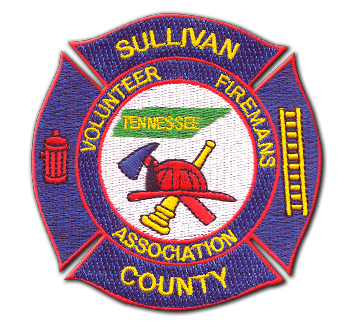FREQUENTLY ASKED QUESTIONS
Can anyone be a volunteer?
Typically, if someone is willing to volunteer their time, there is a job for them.
Is there a difference between a professional and a volunteer?
Professionalism is a manner in which a person acts. Volunteers represent their agency in a professional manner every day. Some may differentiate between the two as paid versus volunteer, but that is not true. The value of service and the inherent risks are no more or less if you’re paid or not.
How do I know which volunteer agency serves me?
Each volunteer emergency service has a territory which it serves, even inside City limits. Typically it is a good idea to volunteer in the one closest to you. To find out which agency serves you please call or e-mail us.
What happens if I get hurt?
Volunteer emergency services carry insurance to cover members in the event of an injury.
How much time does it take?
With each agency this varies, depending on the type of membership you choose and/or availability. Typically more time is involved in the beginning as new members learn procedures, but there will be a minimum requirement to maintain membership.
How will I get the training I need?
All of the emergency services do regular in-house training and will provide you the training you’ll need.
Do I have to buy my own uniform/equipment?
Not all of the agencies require you to wear a uniform, but for those that do, uniforms are usually provided. Other equipment such as protective gear (coat, pants, helmet), pager, etc. will be provided for you.
How will I know there is an emergency?
Volunteers are issued pagers that are set off by the County’s 911 Center when there is an emergency.
Is it like I see on television?
Not really. Typically in television shows you see a very small part of what is happening on an emergency scene, and sometimes the emergency is not as complicated as the storyline itself.
In reality, emergency are much more complex than they appear on shows. The agencies who respond spend lots of time training their men and readying their equipment for when they’re needed. This is the unglamorous side of the job.
Is a volunteer’s car an emergency vehicle?
While it isn’t unusual for a volunteer to respond in their personal vehicle, it is not considered an emergency vehicle and all rules of the road still apply.
How would this effect my work?
Your family and your work should come before your volunteer responsibilities. Volunteer agencies are realistic about this and will make every effort to work with you. You may want to talk to your employer about volunteering so you’re familiar with their policy. Some businesses make special considerations.
Would volunteering help me get hired by a paid department? Of course. There is certainly no better place to learn the ropes about EMS or fire fighting than in a volunteer emergency service. As with any job, the person who can hit the ground running is a more attractive candidate than the person who can’t.
How dangerous is it?
Due to the nature of the job there is an inherent risk, yet with proper training the risks can be minimized. Statistically, the biggest threat to emergency service workers is heart disease, followed by motor vehicle accidents.
Can I Be a Member of a Rescue Squad and a Volunteer Fire Department?
People belong to both, but some agencies have rules against this. You would need to check with your local emergency service to find out their policy. If you are new to this field, it is recommended you join and complete training in one agency then you can determine if you have time for both.
Have More Questions?
If you have any questions about Volunteer Emergency Services not addressed here, feel free to contact us. We’re excited about your interest and would be happy to help you in any way possible. You may contact us at 323-FIRE or e-mail us using the contact button on this site.
